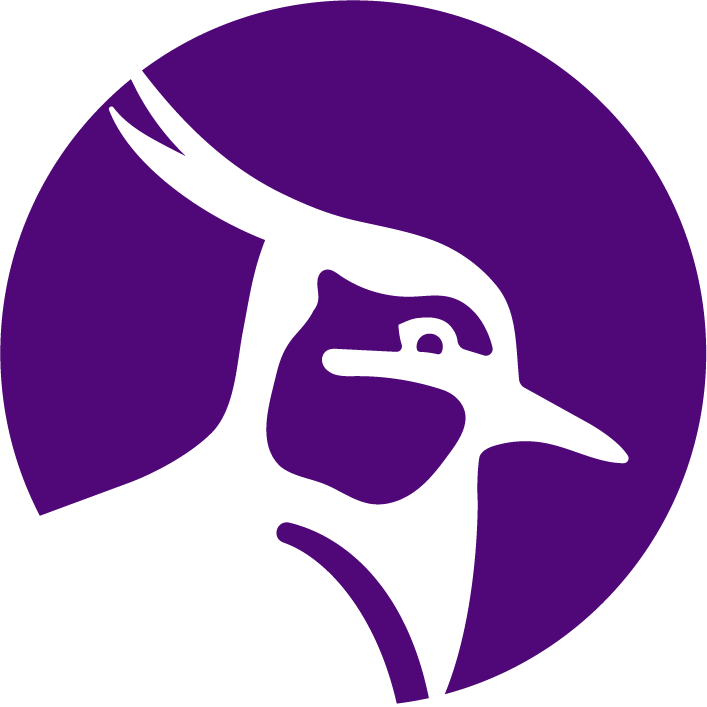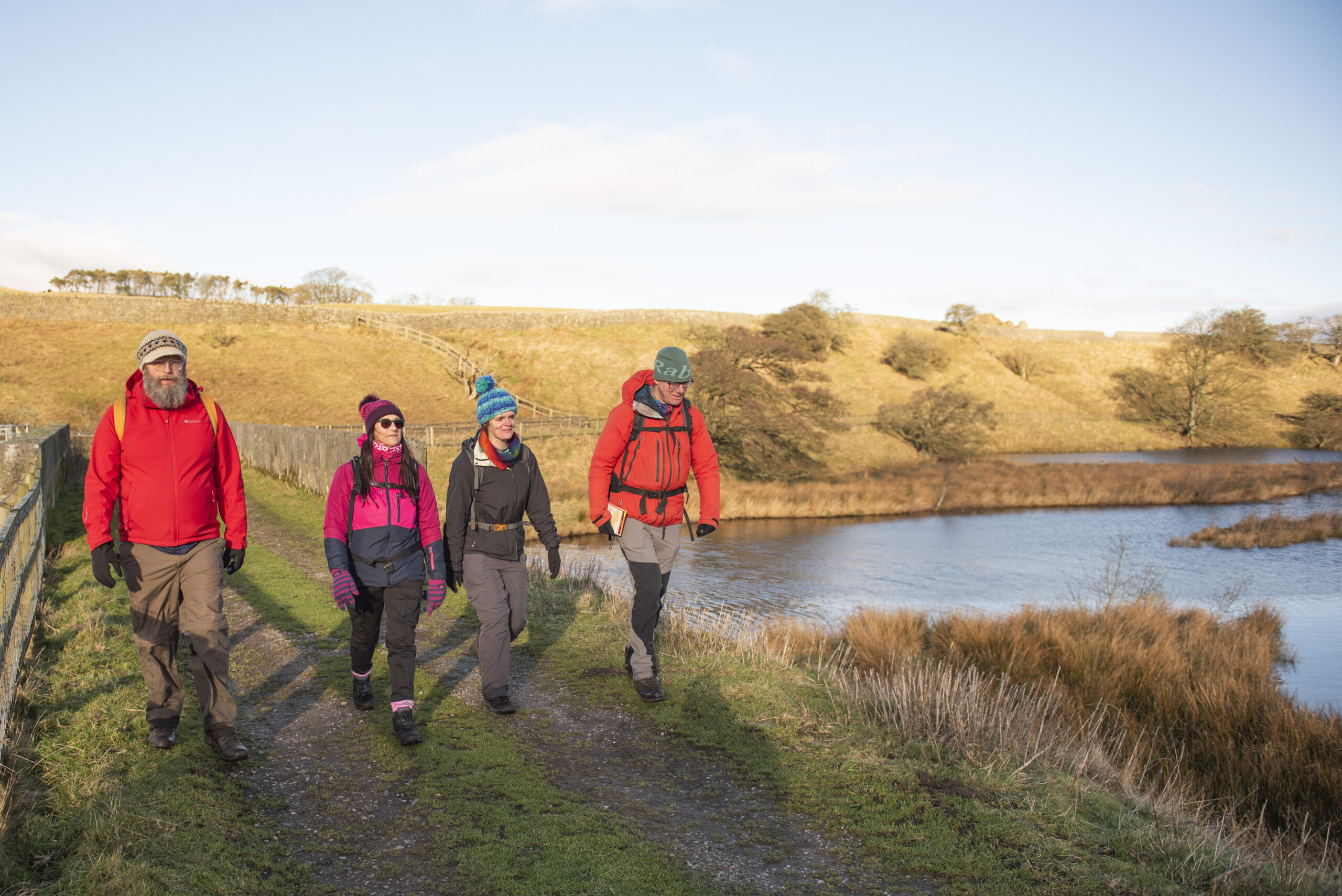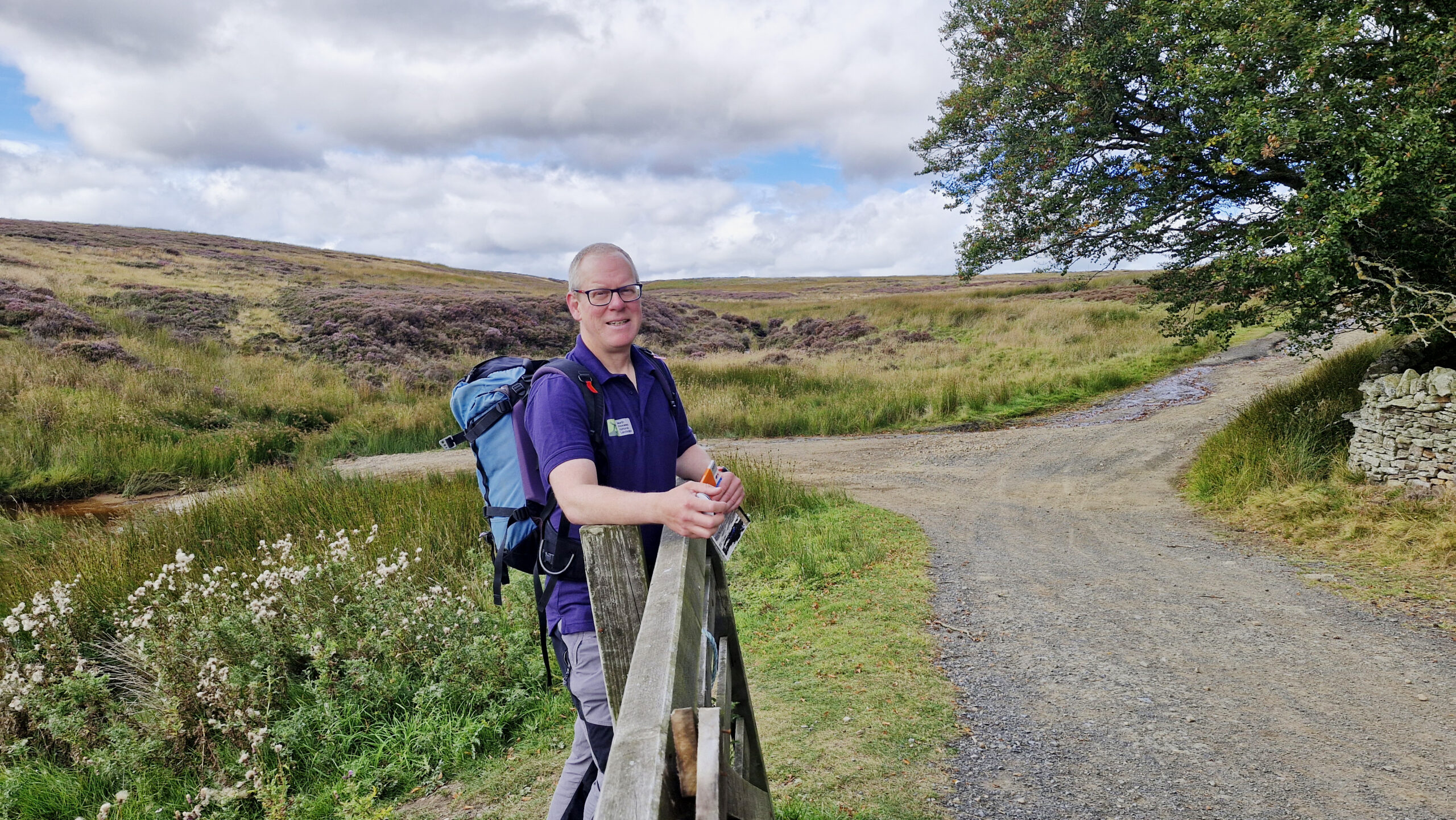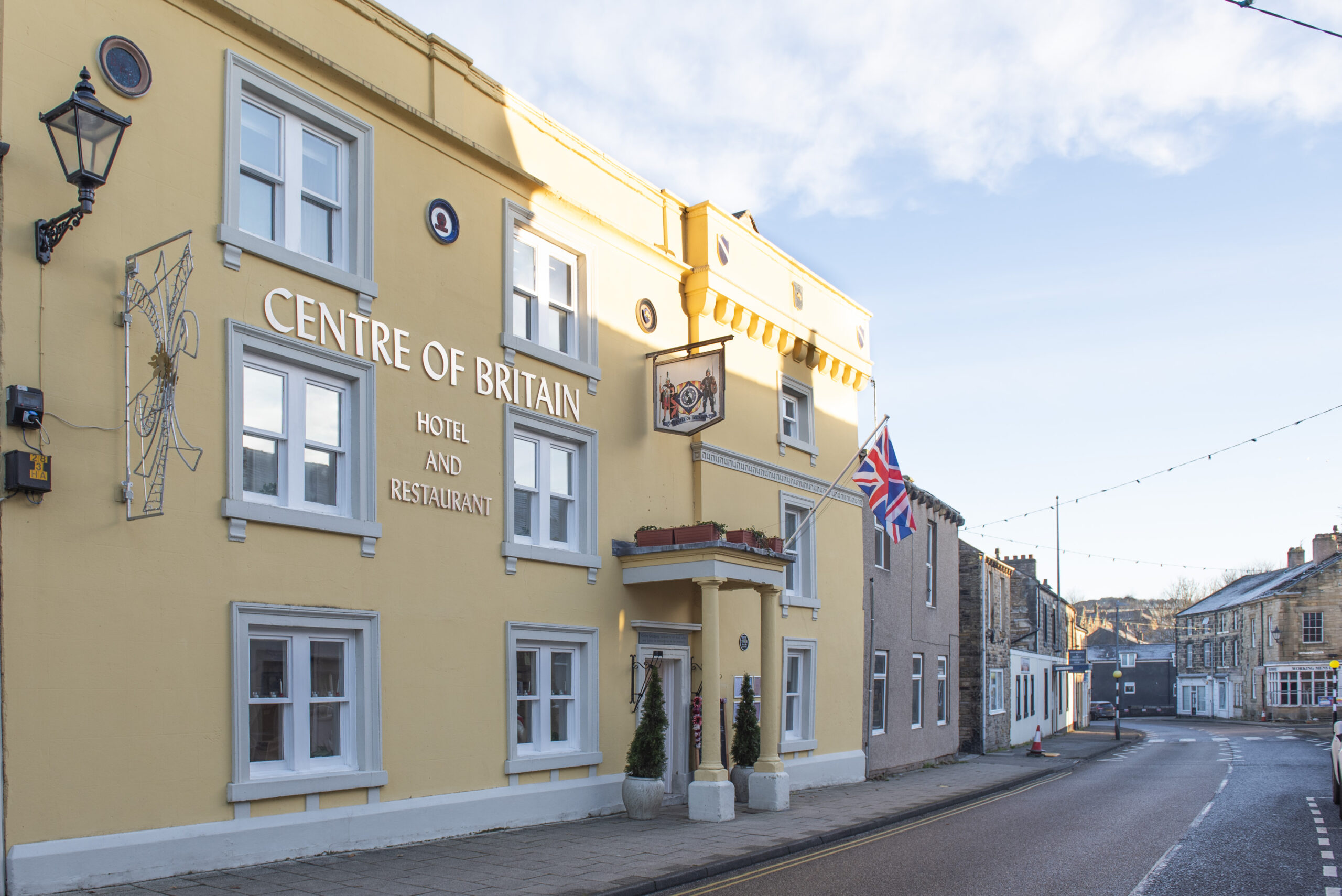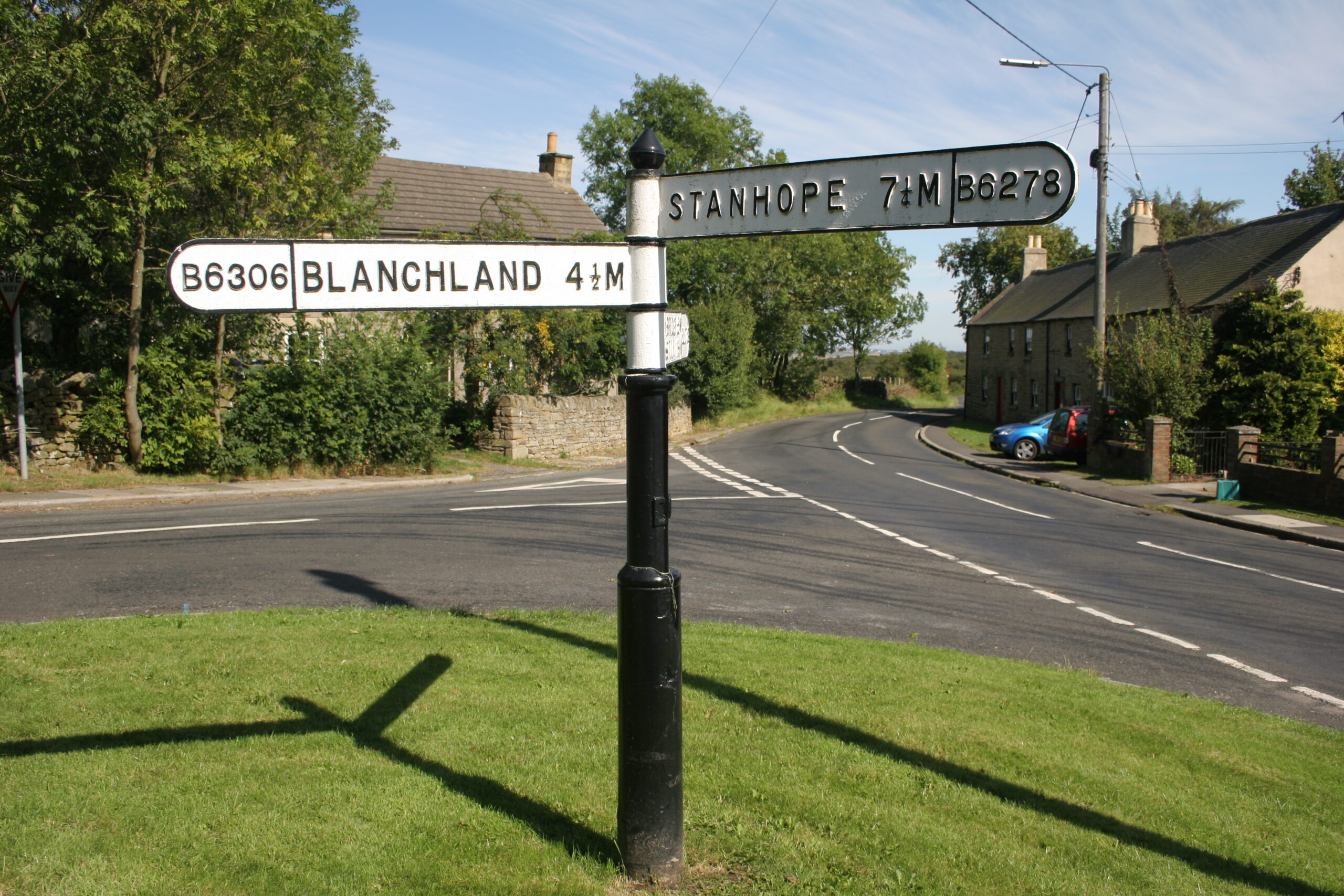The full Countryside Code can be found on the Government’s website, here. It is your guide to your rights and responsibilities when you are out and about in the countryside, and will help you enjoy your visit or walk, while taking care of the environment, wildlife and those around you. We all have a responsibility to protect our countryside and open spaces for current and future generations. The principles of respect, protect and enjoy are central to the Countryside Code
Respect everyone
- be considerate to people living in, working in and enjoying the countryside
- always leave gates and property as you find them
- do not block access to gateways or driveways when parking
- be nice, say hello, share the space
- follow local signs and keep to marked paths unless wider access is available
Protect the environment
- take your litter home – leave no trace of your visit
- do not light fires in the countryside and only have BBQs where signs say you can. Controlled fires are used by some land managers to manage vegetation, particularly on heaths and moors between 1 October and 15 April. Read more about fires in the uplands here
- always keep dogs under control and in sight, preferably on a short lead
- dog poo – bag it and bin it in any public waste bin or take it home
- care for nature – do not cause damage or disturbance. Leave rocks, stone, plants and trees as you find them and take care not to disturb wildlife including birds that nest on the ground.
- do not disturb ruins or historic sites – our heritage in the natural and built environment is important.
Enjoy the outdoors
- check your route and local conditions
- check weather forecasts before you set off. Conditions can change quickly on mountains and along the coast. Do not be afraid to turn back if conditions change when you’re out and about.
- plan your adventure – know what to expect and what you can do
- make sure you know your route and have the maps you need. Take the right clothing and equipment for your planned activities.
- enjoy your visit, have fun, make a memory
The outdoors is great for your wellbeing. It is a place for relaxation, peacefulness and activity. Whatever you like to do outdoors, you will enjoy it more if you prepare in advance.
Farming, livestock and wildlife
The North Pennines is a working landscape and your actions can affect other people’s lives and livelihoods. Co-operate with people working in the countryside. For example, follow the farmer’s directions when animals are being moved or gathered, which keeps everybody safe.
Leave gates and property as you find them or follow instructions on signs. If you are walking in a group, make sure the last person knows how to leave the gates. Farmers close gates to keep animals in or will leave them open to give access to food and water.
Give wild animals, livestock and horses plenty of space. Their behaviour can be unpredictable, especially when they are with their young and you could get hurt. Do not feed livestock, horses or wild animals as it can cause them harm.
Travel and parking in the countryside
Traffic on country roads can be dangerous to people and wildlife. Slow down and drive carefully on rural roads. Never block access to gateways or driveways when parking and take care to leave access for emergency vehicles. Face oncoming traffic and follow the Highway Code when you walk on a road without a pavement.
Follow local signs and keep to marked paths
- Use maps and local signs to help you find your way. Stay on marked paths, even if they’re muddy, unless wider access is available, such as on open access land. This helps to protect crops and wildlife.
- Get to know the signs and symbols used in the countryside. They help you identify routes for different users through the countryside.
- Use gates, stiles or gaps in field boundaries where you can. Climbing over boundaries can cause damage and put livestock at risk.
- Contact the local authority if you think a sign is illegal or misleading. For example, a ‘private – no entry’ sign on a public footpath.
Dogs
Always keep dogs under control and in sight. The countryside, parks and the coast are great places to exercise your dog but you need to consider other users and wildlife. Keep your dog under effective control to make sure it stays away from wildlife, livestock, horses and other people unless invited. You should:
- always keep your dog on a lead or in sight
- be confident your dog will return on command
- make sure your dog does not stray from the path or area where you have right of access
- Always check local signs as there are situations when you must keep your dog on a lead for all or part of the year. Local areas may also ban dogs completely, except for assistance dogs. Signs will tell you about these local restrictions.
- Between 1 March and 31 July, you must have your dog on a lead on Open Access land, even if there is no livestock on the land. Dogs should be on leads around livestock.
- Dog poo – bag it and bin it in any public waste bin or take it home
- Let your dog off the lead if you feel threatened by livestock or horses. Do not risk getting hurt protecting your dog. Releasing your dog will make it easier for you both to reach safety.
It is good practice wherever you are to keep your dog on a lead around livestock. On Open Access land and at the coast, you must put your dog on a lead around livestock. These are legal requirements.
